In Bermuda people celebrate the Easter by flying kites. They don’t just go and buy one, no, these are special kites, that they have to make themselves. The process of making a one of those Easter kites can take a couple of days, and sometimes it even takes weeks. At the end of the day, best kites get awards and presents. There is of course a meaning behind this tradition. The flying kite is meant to symbolize Christ rising from his grave.

Norway has a pretty weird Easter tradition too. Here, Easter is all about solving murder mysteries. Weird, right? It’s very common for families to get together on Easter and read murder mysteries or watch movies about murder mysteries. In fact, quite a lot of TV channels show exclusively murder mysteries this day. Big companies also go out of their way to prepare for this weird traditions. For example publishing houses try to save the best murder mysteries for Easter, so that they can publish them around this holiday. Even milk companies make special milk cartons with tiny murder mysteries on the side, so that people can read and try to solve them.
In addition to that, Norway has a very strange tradition to just close everything down for a week of Easter. We don’t just mean kids are on holiday and you get a day off work. Everything closes. No one goes to work. Shops don’t work, banks don’t work, just nothing. So you better stock up on food in preparation, otherwise you’ll find yourself in a bit of a pickle.
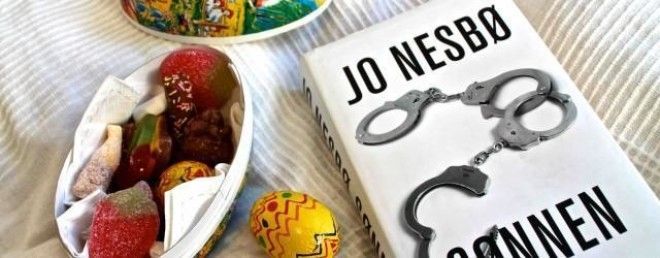

?France has a Silent Saturday. This is a day before Easter when churches don’t ring their bells. It’s supposed to signify the remembrance of Christ’s passing. So far it sounds fine, right? Nothing weird. Well, if only they left it at that. Instead of telling children the truth, parents tell them that all the bells actually flew away to Rome to see the Pope. When they come back, they drop chocolates, sweets and colored eggs all over France. And that’s how kids get their treats.
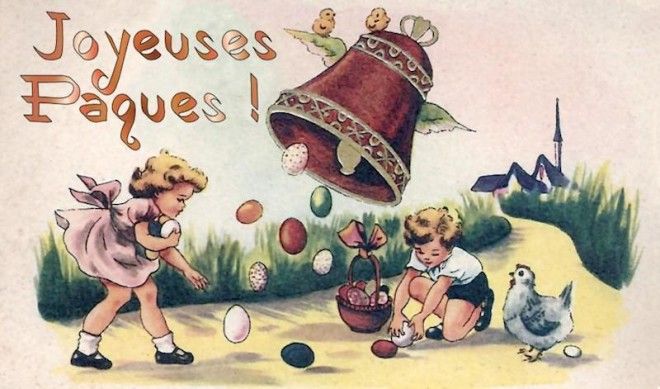
In theCzech Republic it’s quite common for guys to get special Easter whips and playfully hit the women they like most. In return, women are meant to give the guy that whipped them a colored egg or some money. You might think “why would you give someone a present for swatting you with a whip?”. Well, that’s the tradition. In fact, it’s considered quite sad if you don’t get swatted at all. That means no one likes you. However, women get to retaliate the next morning by dumping ice cold water on men.
Advertising
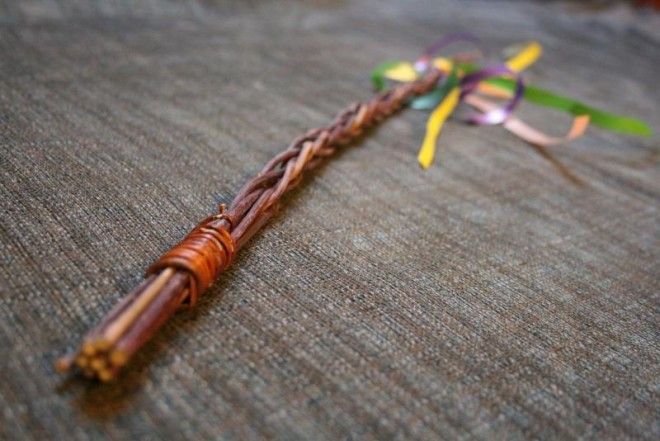

?In Finland Easter could be easily confused with Halloween. Kids dress up as witches and warlocks and essentially go from door to door, collecting candy. It sounds a lot like trick-or-treating, right? Well, the difference is, that they’re not really supposed to scare anyone or do tricks. They just get to dress up. Plus, they’re also required to give each house they visit a decorated willow branch in return for candy. The willow branch is meant to bless the owner’s house and bring them luck and prosperity.
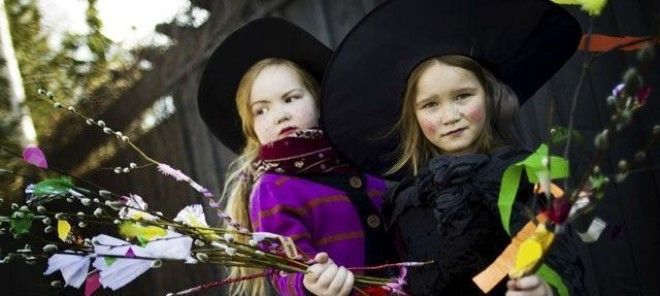
Quite a few Eastern European countries, such as Slovakia, Poland, Hungary, Bulgaria and Ukraine have a Wet Monday tradition. The idea is that on the Monday after Easter men and boys are supposed to dump whole buckets of cold water on girls and women. In return, women and girls give them decorated colorful eggs. The tradition varies not only from one country to another, but also from one city or village to another. In some cases both men and women have to dress up in traditional clothes for this, in others it’s very casual. You could just be walking down a street and suddenly have a bucket of water dumped on you. The weird thing is that no one gets mad about it. It’s just fun.
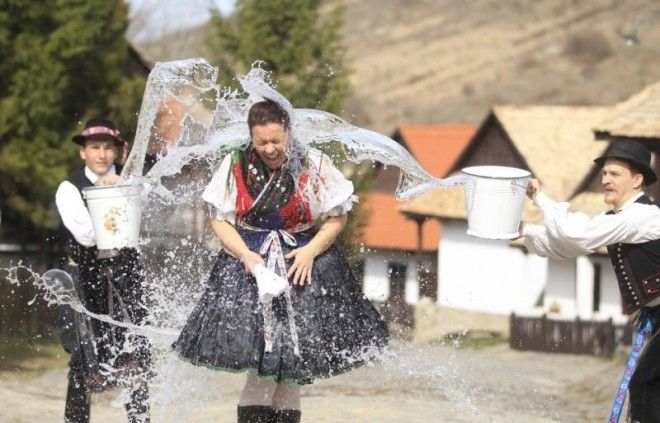
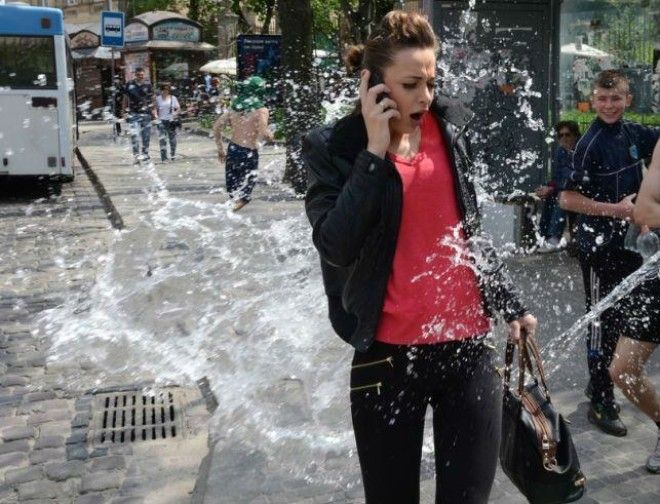
?

